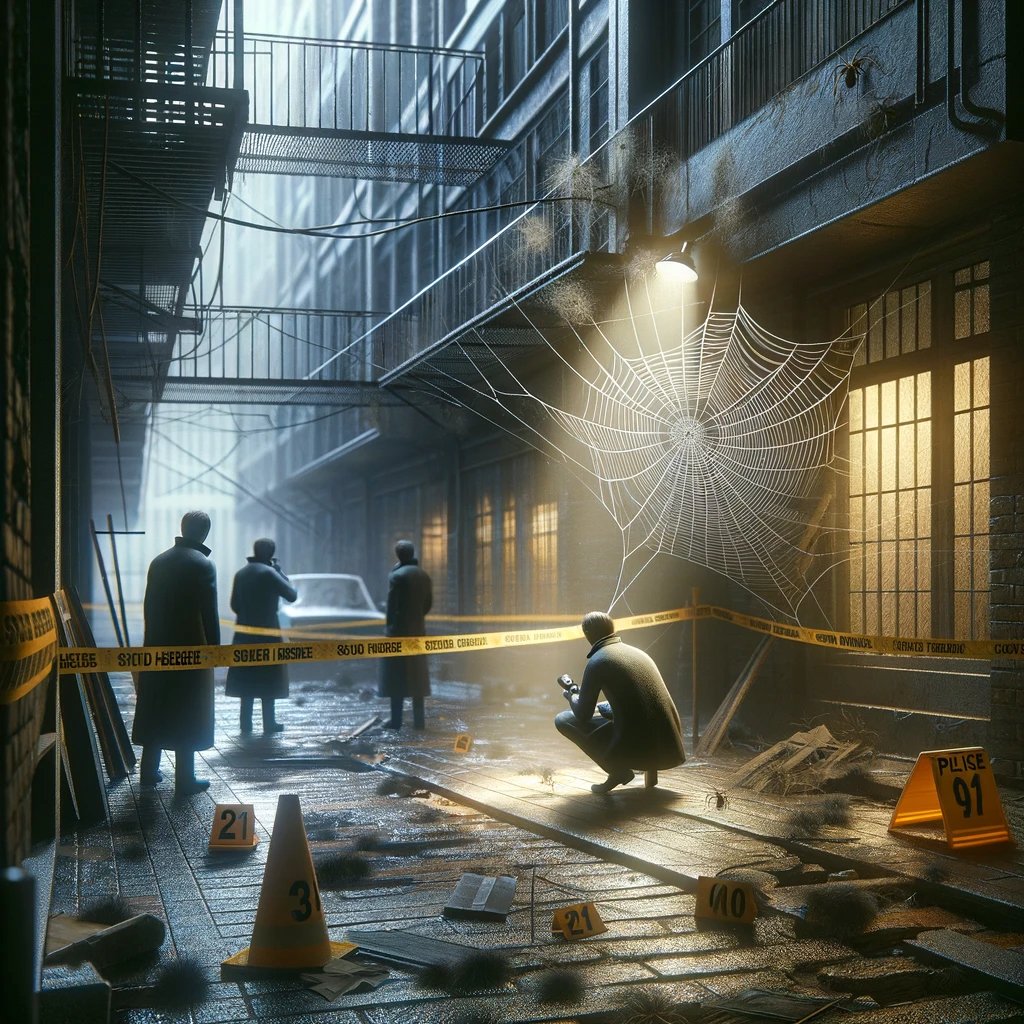Investigative Excellence in Policing
In this section we explore the many issues relating to creating excellence in criminal investigations by the police. “Investigating” is a foundational responsibility of the police. The activities and responsibilities of street cops, civilian report takers, detectives and background investigators are all framed around the concept of investigative prowess. We take the position that this endeavor is about much more than simply handling calls and clearing cases. Fundamental investigative principles, understanding the role of investigative bias, advances in forensic science, the increasing use of artificial intelligence in criminal investigations, avoiding complacency and error and the phenomena of wrongful convictions are all topics we aim to explore. This last point – avoiding the wrongful convictions of innocent people – is so important to the public’s sense of police legitimacy that we will spend considerable efforts examining its many dynamics.
In the future, the increased scrutiny of policing practices police leaders experience today will only become more acute. To enhance the public’s overall trust and confidence in policing, current and future leaders must create an organizational ethos of investigative excellence at all levels within their departments. This extends beyond simply reducing errors and clearing cases. It also encompasses both preventing wrongful convictions and maintaining public trust and confidence in policing’s ability to effectively and ethically investigate crime.

Spiderwebs: A Future Tool for Crime Scene Forensics
Researchers studying ways to protect our environment have discovered the use of spiderwebs to collect environmental DNA to help them identify animals and organisms that have previously been at the places they are studying. Can this methodology for collecting DNA be displaced to forensic crime scene investigations?

